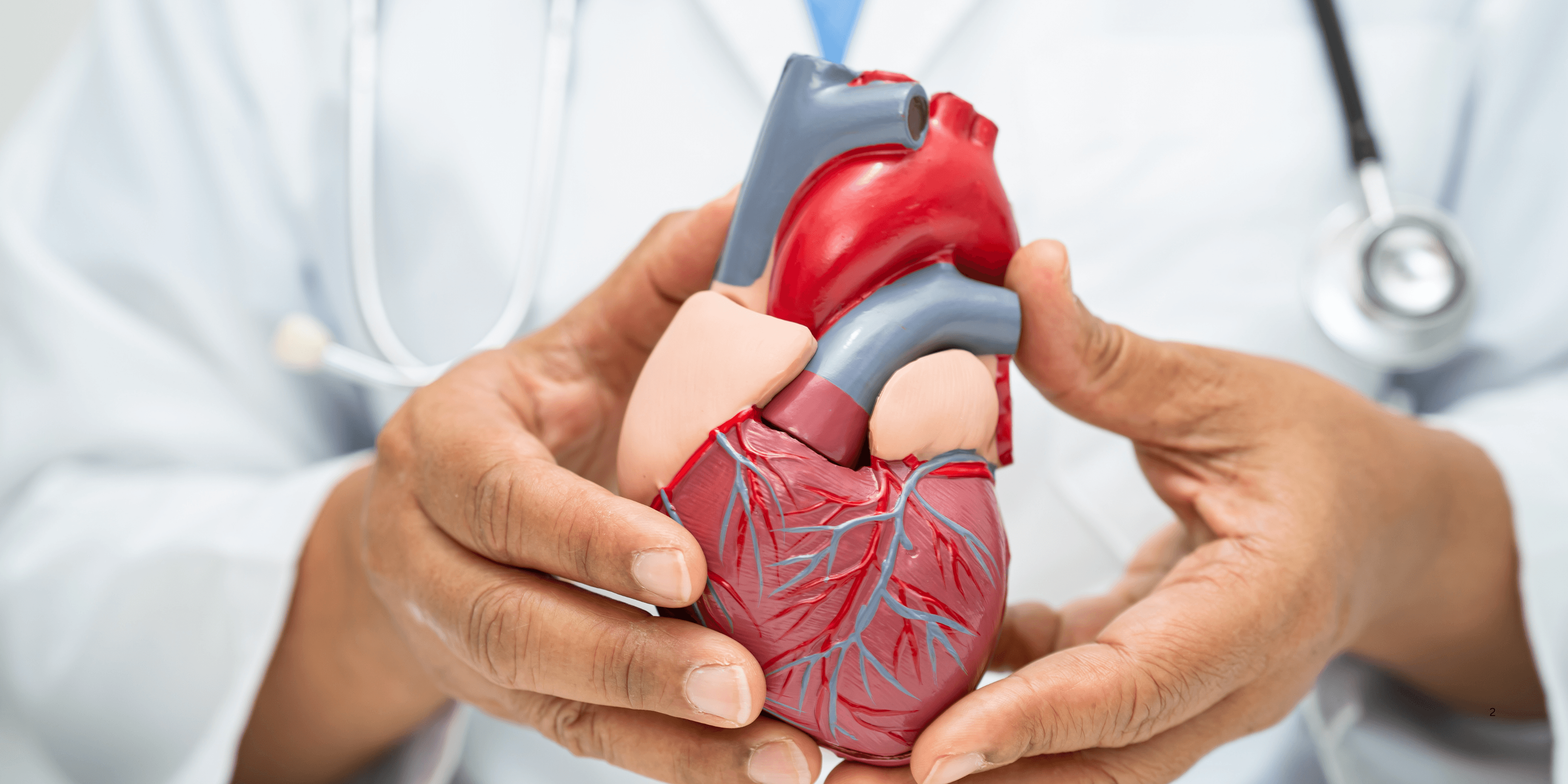
“
Maintaining your health through heart disease prevention tips is one of the smartest moves you can make. These tips are powerful tools for reducing heart risks and improving your long-term well-being. From lifestyle changes to understanding your body better, taking care of your heart doesn’t require extreme effort—just smart, consistent actions.1
1
”
Hippocrates, the ancient Greek physician, believed that food should be our medicine. His early teachings align with today’s advice: balanced diets significantly reduce the risk of heart disease. 1
Smoking damages blood vessels, reduces oxygen in your blood, and increases heart rate—all of which strain the heart. Quitting smoking can almost immediately begin reversing these harmful effects. 2

Exercising at least 150 minutes a week improves cardiovascular health, helping maintain ideal blood pressure and cholesterol levels, which in turn drastically lowers your chances of developing heart disease.
A Mediterranean-style diet rich in fruits, vegetables, fish, olive oil, and whole grains can significantly lower heart disease risk by reducing inflammation and promoting healthy blood vessels. 3
High blood pressure is often symptomless, yet it's a leading cause of heart attacks. Monitoring and managing it through diet, activity, and stress control is critical for prevention. 4
Daily fiber intake from whole grains, legumes, and fruits supports lower LDL (bad) cholesterol levels, decreasing the risk of blocked arteries and improving heart health over time. 5
Maintaining a healthy weight lessens the burden on your heart. Obesity contributes to high blood pressure, diabetes, and elevated cholesterol—all major risk factors for heart disease. 6
Managing stress through activities like meditation, breathing exercises, or spending time in nature can help lower cortisol levels, which supports healthier blood pressure and heart rhythms. 7

Sleep directly impacts heart health. Adults who sleep less than seven hours per night are more likely to develop heart disease than those with consistent, restful sleep schedules.
Limiting added sugars and refined carbohydrates reduces fat buildup in arteries. Cutting these from your diet helps regulate blood sugar and prevents metabolic syndrome linked to heart disease. 8
Alcohol in moderation—especially red wine—may have some heart benefits, but excessive intake damages the heart muscle, increases blood pressure, and contributes to irregular heart rhythms. 9
People with diabetes are more likely to develop heart conditions. Managing blood sugar through medication, exercise, and diet significantly reduces the chances of heart complications over time. 10
Trans fats increase bad cholesterol and reduce good cholesterol. Checking food labels and avoiding processed snacks can help protect arteries and reduce the risk of coronary artery disease. 11
Regular health checkups help identify early signs of heart disease. Knowing your numbers—blood pressure, cholesterol, and glucose—enables timely interventions to prevent serious heart complications. 12
Omega-3 fatty acids, found in fish like salmon and sardines, are known to reduce inflammation and lower blood triglyceride levels, which contribute to a lower risk of heart disease. 13

Even light daily movement—like walking, stretching, or gardening—can improve circulation, heart rhythm, and overall cardiovascular function. Sedentary lifestyles are major contributors to heart disease risk.
Secondhand smoke contains chemicals that can damage the lining of blood vessels and lead to arterial plaque buildup. Avoiding smoke-filled environments is vital for protecting your heart. 14
Hormonal changes, especially during menopause, can increase women’s risk of heart disease. Recognizing symptoms early and seeking appropriate medical care can make a significant difference. 15
Strength training, combined with aerobic exercises, builds lean muscle and supports metabolic health. This exercise combination is effective for weight control and long-term heart disease prevention. 16
Aristotle once emphasized balance in all aspects of life. Modern medicine supports his view—heart disease prevention is about daily balance in diet, movement, rest, and emotional well-being. 17


